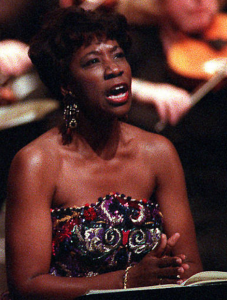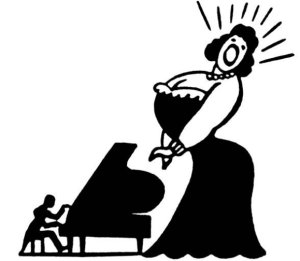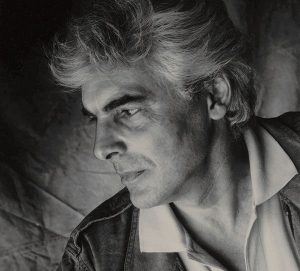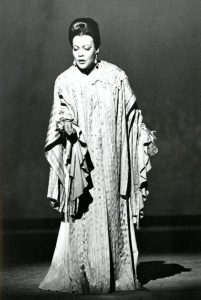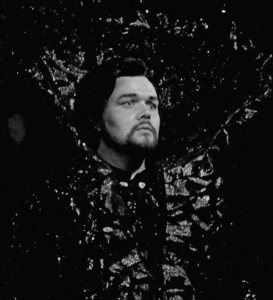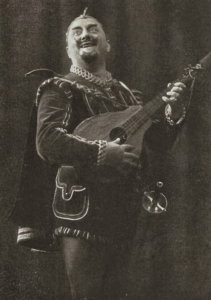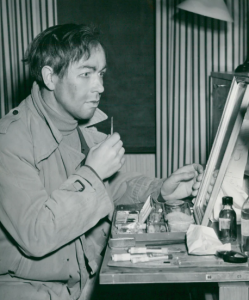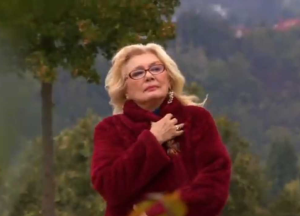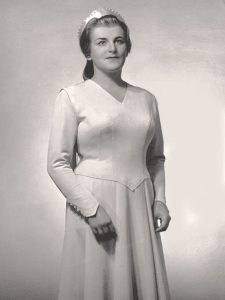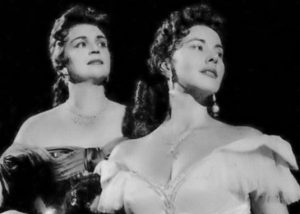Podcast: Play in new window | Download (Duration: 1:01:14 — 84.1MB) | Embed
Subscribe: Spotify | TuneIn | RSS | More
Today’s Black History Month episode serves also as a belated birthday tribute to the exceptional African American soprano Faye Robinson, who was born in Houston on 2 November 1943. Robinson has a voice that transcends genre, encompassing both lyric-coloratura roles at one end and pure dramatic soprano repertoire on the other. In addition, she has been created vocal works by some of the greatest twentieth-century composers, including Michael Tippett, two of whose major vocal works she premiered, and with whose compositions she is especially associated, and George Walker, whose Lilacs she premiered in 1996 with the Boston Symphony Orchestra, and which subsequently won the 1996 Pulitzer Prize by the judges’ unanimous decision. Robinson’s immediately recognizable voice presented in a wide-range of repertoire, including the works referenced above and also including arias by Handel, Gounod, Offenbach, Bellini, and Handel, as well as the Chevalier de Saint-Georges; as well as concert work by Schoenberg and Barber. All in all, Faye Robinson’s is a voice and artistic presence well worth getting to know better! Happy Belated Birthday, Diva!
Countermelody is the podcast devoted to the glory and the power of the human voice raised in song. Singer and vocal aficionado Daniel Gundlach explores great singers of the past and present focusing in particular on those who are less well-remembered today than they should be. Daniel’s lifetime in music as a professional countertenor, pianist, vocal coach, voice teacher, and author yields an exciting array of anecdotes, impressions, and “inside stories.” At Countermelody’s core is the celebration of great singers of all stripes, their instruments, and the connection they make to the words they sing. By clicking on the following link (https://linktr.ee/CountermelodyPodcast) you can find the dedicated Countermelody website which contains additional content including artist photos and episode setlists. The link will also take you to Countermelody’s Patreon page, where you can pledge your monthly or yearly support at whatever level you can afford.
